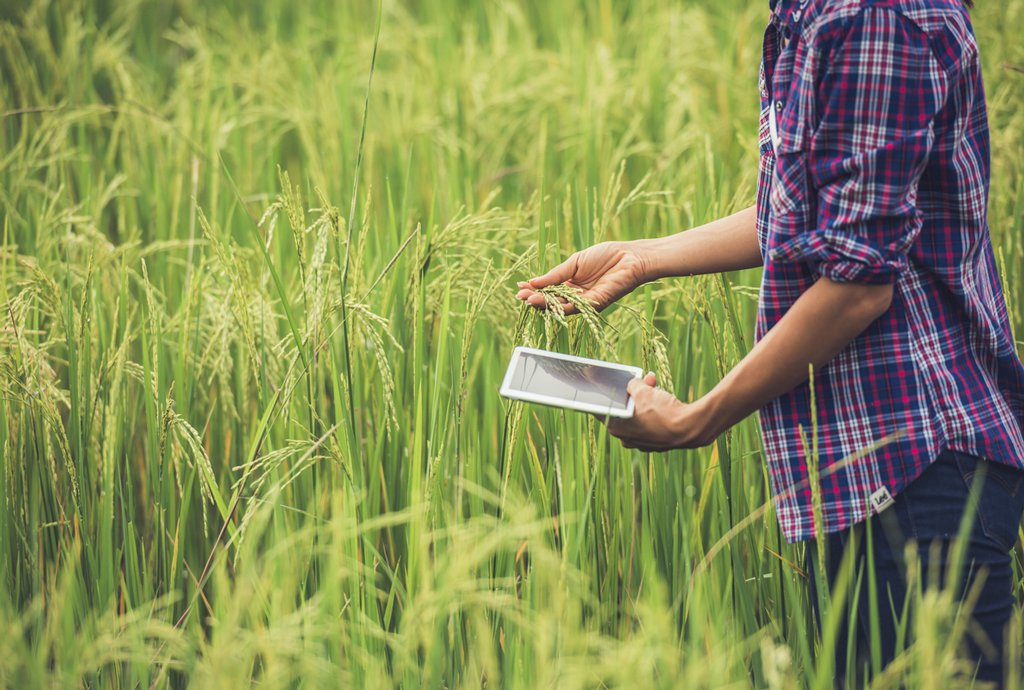
El Nino’s Arrival Amplifies Asia’s Rice Dilemma
- foodfightadmin
- July 14, 2023
- Agriculture, Climate Change
- rsc pages, rscl
- 0 Comments
The early arrival of El Nino threatens rice yields across Asia, exacerbating global food security concerns amidst upheavals caused by the conflict in Ukraine. This year’s El Nino, a temporary climate event involving the warming of the Pacific leading to volatile weather, was announced by the National Oceanic and Atmospheric Administration in June, earlier than usual, potentially extending its impact.
Scientists warn of a one in four probability that El Nino could reach supersized proportions, threatening Asian rice farmers who cultivate 90% of the world’s rice. Strong El Nino events usually result in reduced rainfall, affecting crops reliant on consistent water supply.
“The alarm bells are ringing,” comments Abdullah Mamun from the International Food Policy Research Institute, highlighting a 16% surge in rice prices in Thailand this June compared to last year. A confluence of events, including last year’s floods in Pakistan, has left global rice stocks depleted.
Further complications arise from constraints on fertilizer availability due to the ongoing conflict in Ukraine and export restrictions on rice by several nations. Countries like Myanmar, Cambodia, and Nepal have been flagged by research firm BMI as especially at risk.
As global temperatures break records, lighter monsoon rains in India, water management challenges in the Philippines, and dry season warnings by Indonesian President Joko Widodo underline the scale of the issue. Last year’s rice export restrictions by India, prompted by weather-induced shortfalls, heightened food security concerns in countries like Indonesia.
Although India has now committed to providing over 1.1 million U.S. tons of rice to Indonesia, Senegal, and Gambia, other issues like fertilizer accessibility remain. China’s export restrictions and war-induced disruption of fertilizer shipments, particularly from Belarus and Russia, have left many countries scrambling for alternatives.
Farmers in Asia are feeling the pinch. Abu Bakar Siddique from Bangladesh faced increased cultivation costs due to electric pump reliance during power shortages, brought about by war-related diesel and coal deficits. Beau Damen from the Food and Agriculture Organization suggests historical data indicates that regions like South and Southeast Asia could experience dry spells in subsequent years.
Farmers, like Kusnan from East Java in Indonesia, have resorted to early planting as a preemptive measure. Meanwhile, Indonesian President Widodo emphasizes the importance of effective water management, cautioning that a convergence of external factors could make this El Nino especially detrimental.
Northern Indian farmers like Baldev Singh are already anxious. Singh, from Punjab, has seen the monsoon rains, vital for his rice crops, fall short. Rice cultivation, not native to Punjab, has been encouraged by the government since the 1960s. Despite drawbacks, Singh and many others continue due to guaranteed government procurement. As groundwater levels deplete, Singh, who dug as deep as 200 feet last year to source water, expresses his despair, “Rice has been our downfall… The future seems uncertain.”








